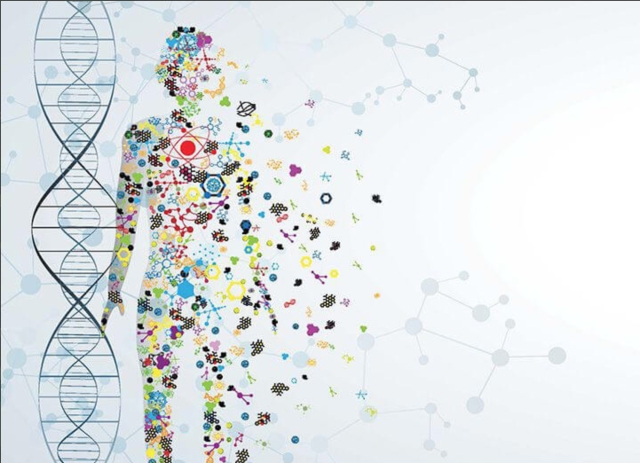In the Israeli world of medicine and all around the globe, in recent years there has been a growing understanding that the physiological differences between males and females impact the effectiveness of drugs and treatments along with the risk of contracting a certain disease and its behavior. Innovative research now allows sex-matched medicine to advance to the next level. Researchers at the Hadassah Medical Center in Jerusalem succeeded in creating male cells and female cells from the same person, with the same genes.
The development will make it easier to distinguish the differences in the effect of drugs on the two sexes and to determine whether the differences are due to the differences in the sex chromosomes or the effects of the different hormones in men and women. Using this technique, pharmaceutical companies, doctors and researchers will be able to adjust medical treatments, drugs, and dosages more precisely for women and men.
Scientists from the Hadassah University Medical Center have derived male & female cells from same person which could lead to new discoveries in the study of sex differences and speedier development of gender medicine.
— Firefinch Software (@firefinchsw) January 9, 2023
Find out more via the @Jerusalem_Posthttps://t.co/i01k1OSap4 pic.twitter.com/SfRcL9Q4ef
"We know that symptoms of diseases, responses to treatments, and side effects are all different between men and women," explains Prof. Benjamin Rubinoff, who has been managing the Stem Cell Research Center in Hadassah where the research was conducted, for over twenty years. "There are many examples of this, for example in autoimmune diseases where the immune system attacks the patient, such as multiple sclerosis, arthritis of others, these diseases are more common in women compared to men.
"Another example is the knowledge that exists today in the world of medicine regarding men's resistance to infectious diseases, which is lower compared to women. In COVID, the symptoms were more severe in men. This connects to a field that is hot and fiery today in the world of medicine: personalized medicine for each individual."
Genomic, personalized medicine (which also means personalized dosages) is probably the only promising biotechnology on the horizon that could rehabilitate public trust in the sector after what we've been through. One-size-fits-all medicine is over, as is top-down public health.
— Alex Kaufman (@akkaufman) January 10, 2023
"Each person has a different genetic background than others, regardless of sex," says Prof. Rubinoff. "This data creates 'background noise' that interferes with identifying the differences between the sexes. The research we conducted is intended to bring a new line to the field, and to create a model that does not contain genetic background noise that interferes with the detection of differences between the sexes. In addition, the unique system we developed can distinguish whether differences between the sexes are related to a difference in the sex chromosomes or in the hormonal profile".
The establishment of the Organoids Bank is another significant step that Hadassah is taking to implement personalized medicine and effectively enable innovative and focused drug development."
— The Country of Israel 🇮🇱 #AmYisraelChai ✡ (@JanetNewcomb) June 25, 2022
Prof. Eyal Mishani
This was the motivation for the study, which was conducted as part of the doctoral thesis of the doctor-researcher Dr. Itay Waldhorn, in which Dr. Deborah Steiner, Tikva Turetsky, Dr. Hadar Binyamini from the Hebrew University, and Dr. Yaniv Gil and Dr. Michal Group from the Hadassah Medical center also participated.


